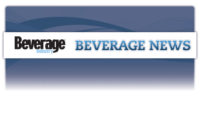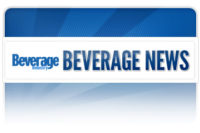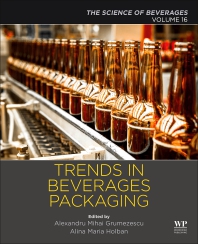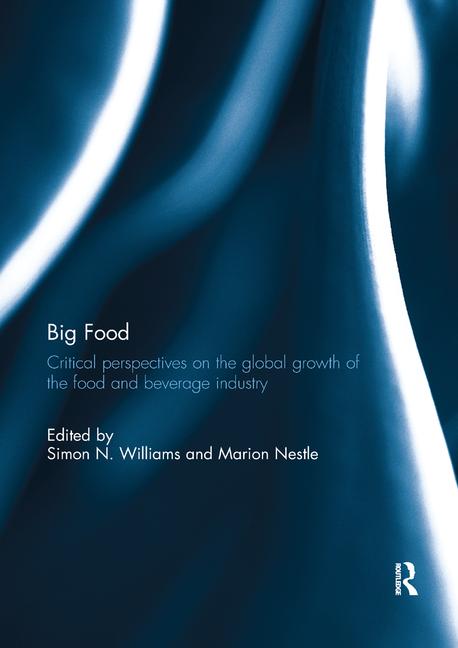WhiteWave Foods, Broomfield, Colo., announced that its beverage manufacturing facility in Dallas has earned U.S. Green Building Council (USGBC) Leadership in Energy and Environmental Design (LEED) certification for new construction. The 325,000-square-foot facility produces Silk soy milk, almond milk and coconut milk; Horizon Organic milk; and International Delight flavored coffee creamers. It was built in 2012 and employs nearly 300 people.
“WhiteWave is committed to changing the way the world eats for the better, and we recognize that how we make our products is just as important as what we make,” said Blaine McPeak, president of WhiteWave Foods, in a statement. “Improving the environmental profile of our manufacturing process helps us to offer consumers more sustainable food choices and reinforces our commitment to reduce our environmental impact.”
As a result of the WhiteWave facility’s green building attributes, the property features landscaping that does not require irrigation; fixtures that use 30 percent less water; 100 percent wood-based building materials that are certified sustainable by the Forest Stewardship Council (FSC); nearly half of all building material manufactured within 500 miles of the site; and the use of materials and design techniques that facilitate solar reflectivity, helping to address heat challenges that are associated with Dallas’ urban development. Furthermore, nearly 90 percent of all demolition and construction waste associated with the project was diverted from landfills.
“With each new LEED-certified building, we get one step closer to USGBC’s vision of a sustainably built environment within a generation,” said Rick Fedrizzi, president, chief executive officer and founding chair of the USGBC. “As the newest member of the LEED family of green buildings, WhiteWave’s beverage facility is an important addition to the growing strength of the green building movement.”
The WhiteWave plant was designed by Hixson, an architecture, engineering and interior design firm based in Cincinnati.
“We implemented a master plan and complied with a schedule based on WhiteWave’s aggressive requirement for production of saleable product by a time-sensitive date,” said Bill Sander, senior vice president and project manager for Hixson, in a statement. “This required close collaboration and the use of the collective knowledge of the entire team, including the general contractor, to identify the long lead equipment issues, to overcome the difficulty associated with staged construction permitting, and to keep a keen awareness of the LEED certification objective.”
The LEED certification of WhiteWave’s Dallas plant follows LEED certification of the company’s North American headquarters in Broomfield, Colo. In addition to green building, WhiteWave Foods’ sustainability initiatives include improving the environmental and social impacts of its business; improving responsible material sourcing; increasing packaging sustainability; and reducing waste-to-landfill, water consumption and greenhouse gas emissions. On a per-gallon basis, WhiteWave has reduced greenhouse gas emissions by 32 percent since 2006, waste to landfill by 28 percent since 2007, and non-ingredient water use by 6 percent since 2008.
For more information, visit www.whitewave.com.
WhiteWave Foods opens its first LEED-certified manufacturing plant
New facility reduces water usage, uses sustainable materials





